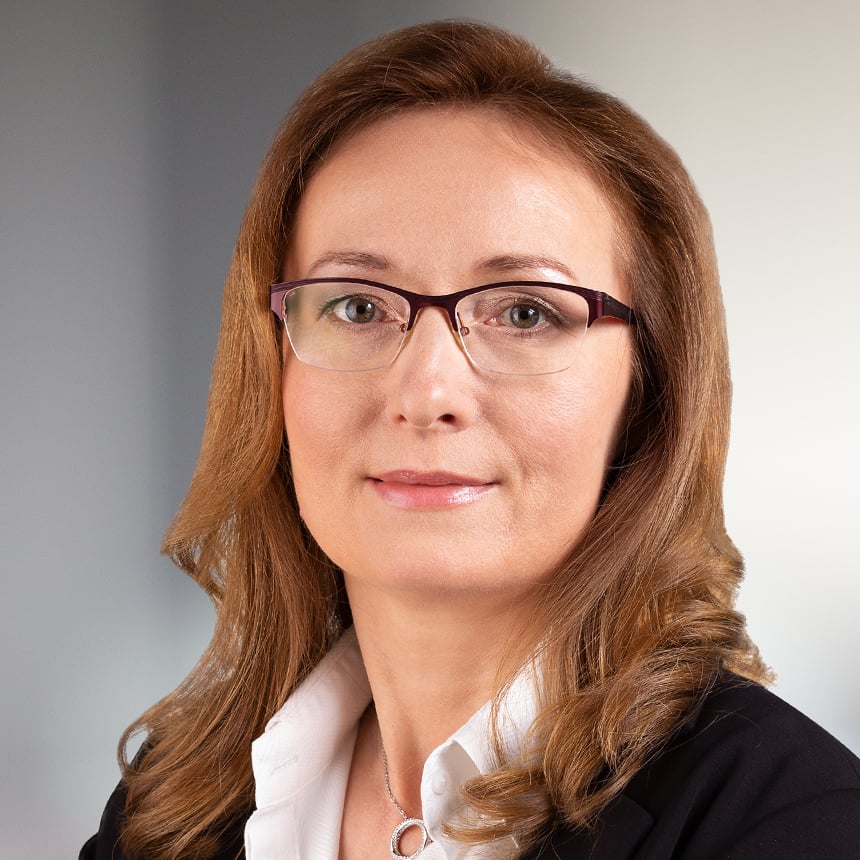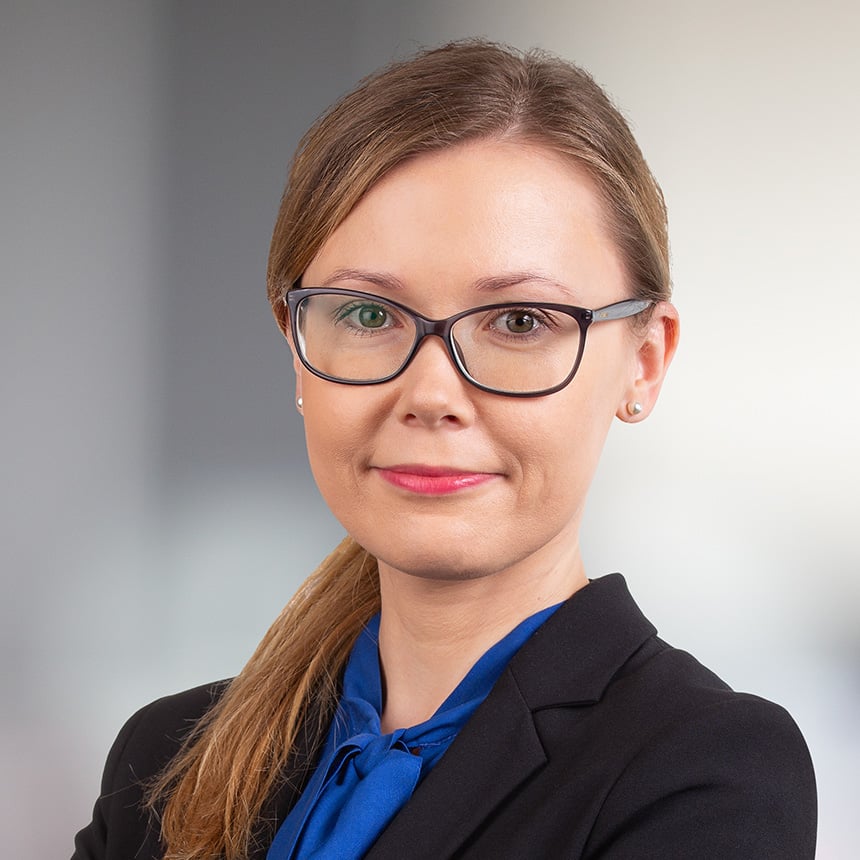New draft explanations regarding WHT
The Ministry of Finance published a new draft document of explanations intended to clarify doubts regarding WHT preferential treatment. This is another draft document in this regard. 24 October marks the end date of consultations in this area.
The new draft explanations regarding the following issues may be of particular importance for taxable persons:
1. The obligation to verify the status of beneficial owner applies whether or not a valid double taxation avoidance agreement refers to the notion of ‘beneficial owner’. This means that said obligation applies also to payment of dividends. This is particularly important because this issue has given rise to many doubts.
2. Making the term “beneficial owner” more precise – the definition of the term excludes entities that act as income administrators. The explanations do not offer any concrete definition of “income administrator” but provide a set of sample criteria to be considered when assessing whether an entity can be recognized as one. Sample factors that support recognizing an entity as an income administrator include situations where:
- an intermediary gets a small margin on transferred payments;
- there is no actual taxation of income from payments received at the level of the intermediary;
- the only business carried out by the entity is receiving payments and forwarding them to other parties;
- receivables are promptly transferred to another entity;
- the major part of the entity’s income comes from cross-border financial payments made by related parties;
- there is a multi-layer non-transparent structure where other intermediaries are shareholders;
- the receivable is further transferred to an entity that would not benefit from preferential tax treatment provided for in a DTA or in EU Directives;
- there is a link between the time of setting up the entity and of a change to tax regulations that offer preferential tax treatment in another country;
- there is no WHT or the tax is very limited with respect to payments made to non-residents in the jurisdiction of the entity;
- the entity is a resident of a state that has a very high position on the list of direct foreign investments in Poland chiefly due to cross-border financial payments rather than trade or production activities, and the value of GDP of this state and the scale of investments carried out there are incommensurate.
3. Carrying out any real economic activity – it is a new requirement that assessing whether an entity carries out any real economic activity in the country of its registered office should not be limited to verification of its physical presence in the country of residence. The requirement of carrying out real economic activity should be verified taking into account whether an entity has the substance-based income exclusion in the given country. In this respect, the criterion of artificiality is essential, and it adversely affects verification of the requirement of carrying out own business even if satisfied only partially.
As regards entities that carry out limited economic activity, despite meeting the minimum substance requirement, the following may be indicative of potentially artificial character of their structure:
- no possibility to exercise essential managerial functions with respect to their assets;
- limited income obtained from own economic activity;
- non-compliance with the effective management requirement because only current affairs are administered in the country of registered office;
- no sufficiently valid economic or commercial reasons that justify allocation of profits to the entity, which does not reflect the economic reality;
- no autonomous performance of basic economic functions and no use of own resources.
4. Applicability of ‘small’ double tax avoidance clause – remitters are obliged to verify whether a payment or a recipient of the payment meet any of the negative conditions set out in Art. 22c of the CIT Act, which may mean that no tax reliefs can be used, as indicated in Art. 21 (2) or 22 (4) of the CIT Act. The conditions are as follows:
- the exemption from WHT is not consistent with the subject matter and purpose of the IR Directive or PS Directive;
- the exemption was the main or one of main reasons for a transaction; and
- the activity is artificial.
5. Application of the look–through approach (LTA) – the tax authorities are not obliged to follow the LTA. Applicability of the LTA is limited to situations where all of the following premises occur jointly:
- using an intermediary between the remitter’s country and the BO’s country does not result in reduction of WHT collected in the remitter’s country;
- the type of payments is identical to payments made by a foreign intermediary to a foreign BO;
- the entire structure or a given payment is not artificial within the meaning of Art. 22c of the CIT Act.
6. The effective taxation criterion – to apply an exemption from WHT on the basis of income tax regulations, the receivable must be subject to effective taxation. This requirement should be construed as follows:
- There is no exemptions due to the type of activity or value with respect to income earned (revenue).
- the income is not reduced by hypothetical costs,
- it is not possible to get a refund of tax collected on the income or recognize this tax against other taxes.
For dividends, this condition should be construed so that the entity which receives a dividend should be subject to effective taxation in a Member State.
In view of the draft explanations, verification should be made of whether the WHT preferential treatment is still applicable in your situation. Moreover, your internal procedures should also be adapted to the new guidelines. We are ready to provide full assistance in this area to ensure the effectiveness of steps taken in this respect.
KONTAKT
E: elzbieta.lis@pl.Andersen.com
T: +48 32 731 68 58
M: +48 664 948 038
E: aleksandra.kalinowska@pl.Andersen.com
T: +48 22 690 08 70
M: +48 724 440 693



